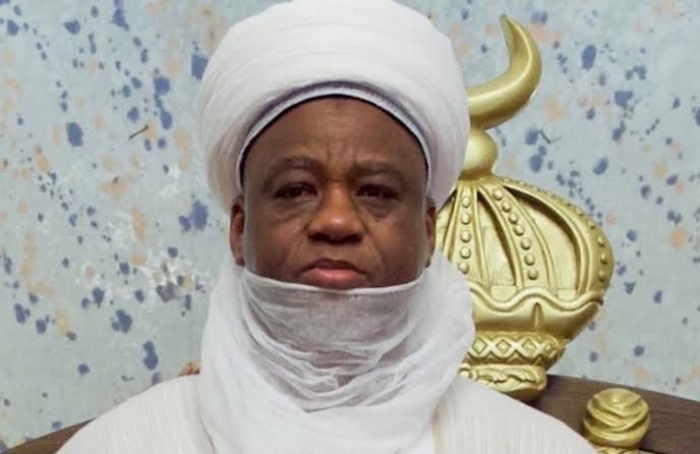The Sultan of Sokoto, Muhammadu Sa’ad Abubakar, has likened social media to a "terrorist organisation," calling for decisive action against its role in spreading misinformation. His remarks come amid repeated efforts by the Nigerian government, particularly the National Assembly, to impose stricter controls—and even criminal penalties—on social media usage.
Speaking on Tuesday at the seventh executive committee meeting of the Northern Traditional Rulers’ Council in Maiduguri, the Sultan warned that fabricated stories circulating online could worsen Nigeria’s fragile security situation.
"What happened has happened. It can’t come and be through social media. That’s one terrorist organisation…social media. Social media is a terrorist organisation," he declared.
"Somebody will sit in his comfort zone and formulate stories, and you will think it is true. So, social media is a terrorist organisation that we must deal with. Security agencies must deal with this terrorist organisation called social media."
His comments align with previous legislative attempts to regulate online speech. In 2019, the Senate introduced the Protection from Internet Falsehood and Manipulation Bill, which sought to criminalize "false" social media posts with fines and jail terms. Though met with public outcry, the bill resurfaced in different forms, including the 2021 Social Media Bill, which proposed stiff penalties for "misinformation."
Critics argue such measures threaten free speech, while supporters, including some lawmakers and now prominent traditional leaders like the Sultan, insist they are necessary to curb unrest.
Abubakar also expressed concern over recent attacks in Plateau State and other states, calling them "worrisome" and demanding urgent attention.
"We are not happy with what is happening either on the Plateau or other places," he said.
As debates over social media regulation intensify, the Sultan’s stance adds weight to the government’s push for tighter controls—raising questions about where Nigeria will draw the line between security and civil liberties.
